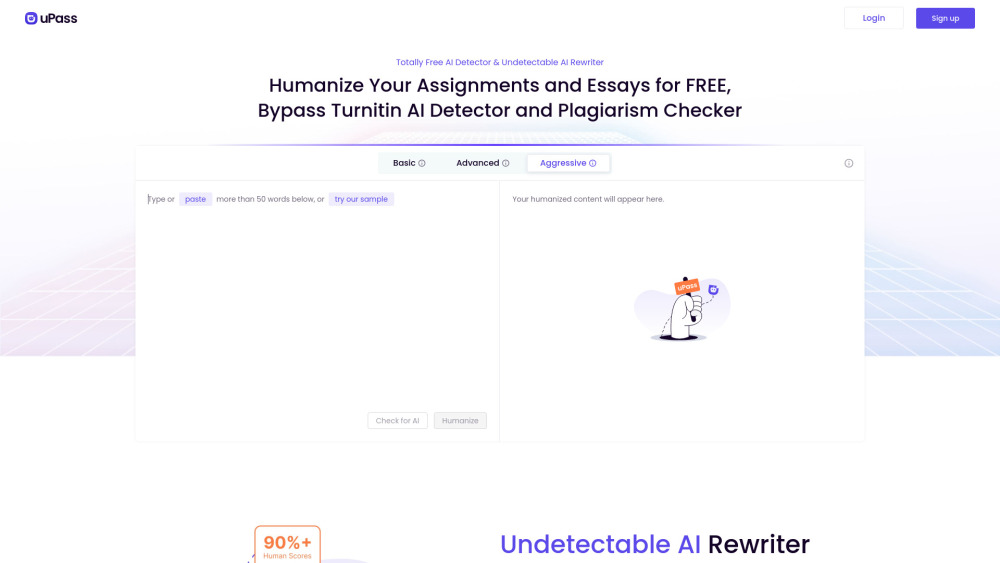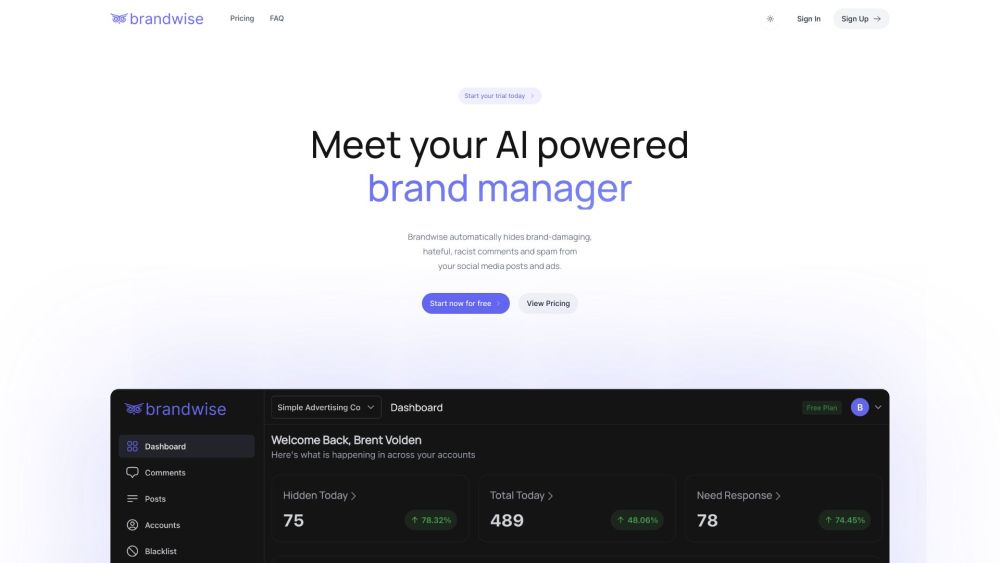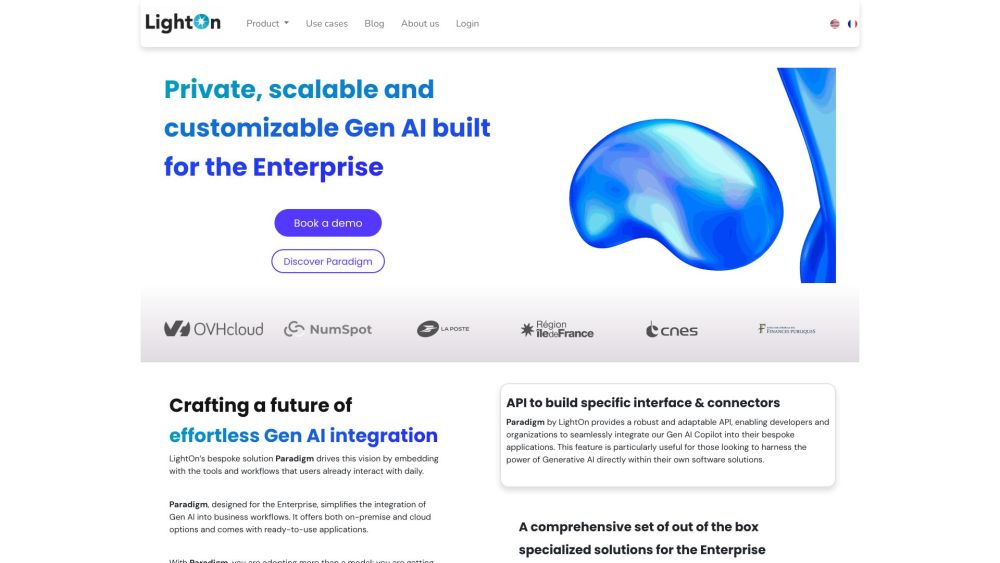VectorShift Secures $3 Million Seed Funding to Simplify LLM Application Development
Today, VectorShift, a startup dedicated to streamlining large language model (LLM) application development through a modular no-code approach, announced it has raised $3 million in seed funding from 1984 Ventures, Defy.vc, Formus Capital, and Y Combinator.
Founded by Harvard alumni Alex Leonardi and Albert Mao, the New York-based startup offers an end-to-end AI platform. Users can effortlessly drag and drop components to build, deploy, and maintain production-grade LLM workflows, search engines, assistants, and automations.
Revolutionizing Business Processes
VectorShift's platform is already being adopted by enterprises across various sectors, with the potential to automate significant daily business processes. This technology enables teams to save time and focus on higher-order tasks, aligning with the growing trend of integrating language models into both internal and external applications to enhance efficiency and improve ROI.
Challenges in LLM Application Development
Building a robust LLM application traditionally involves navigating multiple technical aspects, from selecting data and models to customization and prototyping. Leonardi and Mao recognized these challenges during their time at Blackstone and McKinsey, where they assessed how AI could optimize repeatable processes.
“Having worked closely with enterprises at the strategic level, Albert and I understood the complexities associated with adopting new technologies and building integrated AI systems,” Leonardi stated. These insights motivated them to create VectorShift as an all-inclusive platform for deploying AI applications.
No-Code Solutions for Complex Integrations
At the heart of VectorShift's offering is the modularization of core LLM application components through no-code and software development kit (SDK) interfaces. Users can seamlessly connect their tools and databases, import data to a vector store, and utilize a drag-and-drop interface to define data interactions with their chosen language model—be it GPT or Mistral.
With an extensive library of components, teams can quickly iterate on their application architecture. Pre-built templates expedite initial development, allowing users to customize them easily before deployment.
Diverse Applications and Use Cases
VectorShift’s no-code approach empowers businesses to develop various applications. For example, AI-enhanced search capabilities enable teams to retrieve information from platforms like Notion using natural language queries. Additionally, the platform supports automating trigger-based actions across applications, such as generating personalized emails through GPT-4.
On the application front, VectorShift aids in prototyping and deploying chatbots for customer support, onboarding, lead generation, and advisory services, as well as building reporting tools and resume screening applications.
Initial Market Traction
While specific user numbers remain undisclosed, VectorShift has confirmed a diverse client base that utilizes its technology for automation and generative AI product development. A notable example includes a European conglomerate automating report writing for clients and a U.S. government contractor automating sales proposals and contract library searches. A healthcare education organization is also leveraging the platform to manage a chatbot addressing patient inquiries.
Navigating a Competitive Landscape
VectorShift operates in a competitive environment alongside other startups like LangChain, Vectara, and Datasaur, which provide toolkits for developing AI-powered applications. Noteworthy industry developments include Bret Taylor's startup, Sierra, aimed at creating always-available AI agents for enterprises.
“Our key differentiators are flexibility and readiness for enterprise use cases. Beyond our no-code builder, we enable the automatic embedding and syncing of files in vector databases and support the automation of AI workflows through relevant integrations,” Leonardi explained.
Future Prospects
VectorShift plans to utilize the seed funding to enhance its platform, positioning it as the preferred all-in-one solution for developing production-level LLM workflows and automations. The startup aims to capitalize on the increasing demand for LLM-based applications, essential for modern enterprises.
“Many enterprises can unlock significant value by developing LLM-based products, and the VectorShift platform empowers them to do so efficiently,” said Bob Rosin, partner at Defy.vc.
According to McKinsey, generative AI could generate between $2.6 trillion to $4.4 trillion in global corporate profits annually, with 63 identified use cases for enhancing productivity in areas like customer support, creative content generation, and software code drafting.





